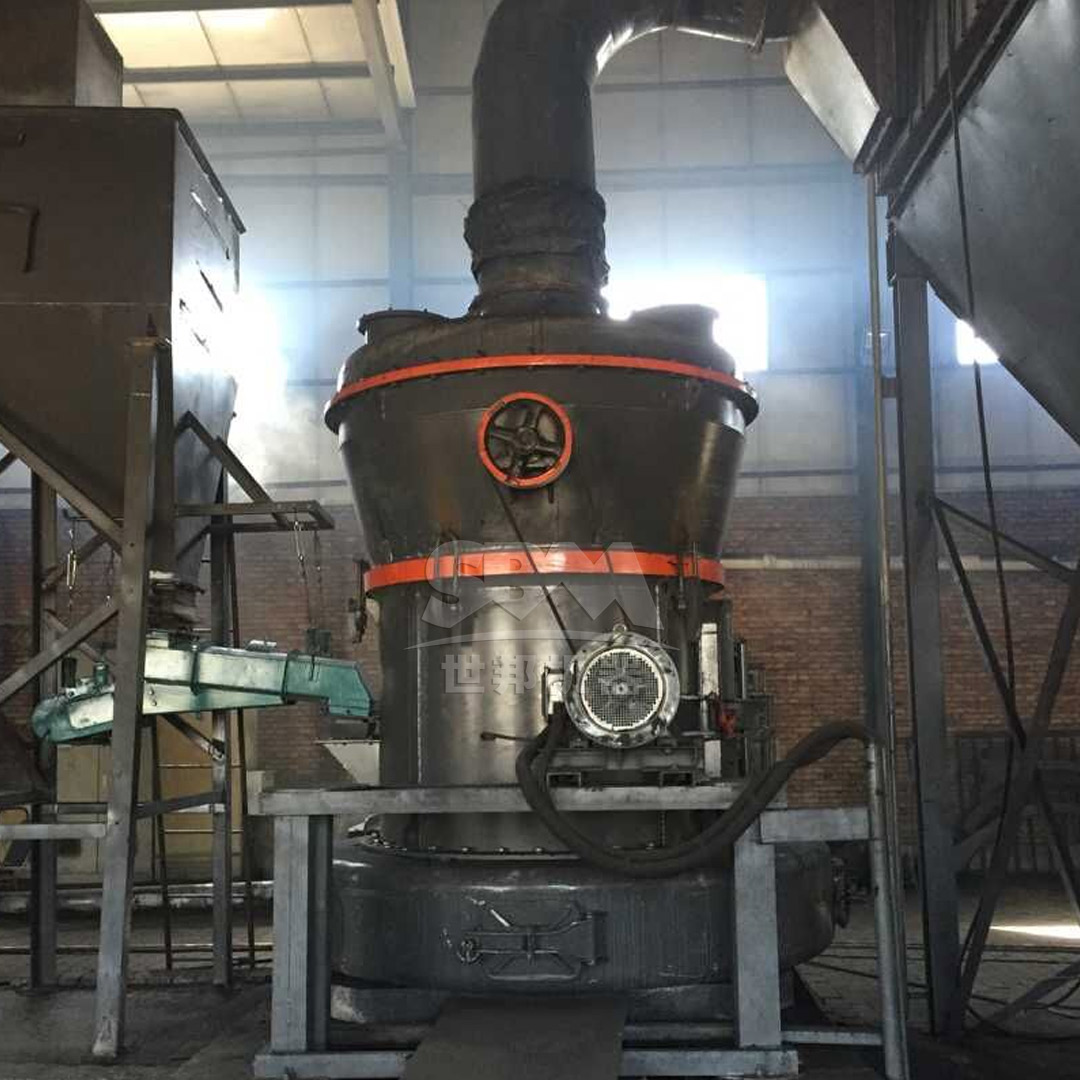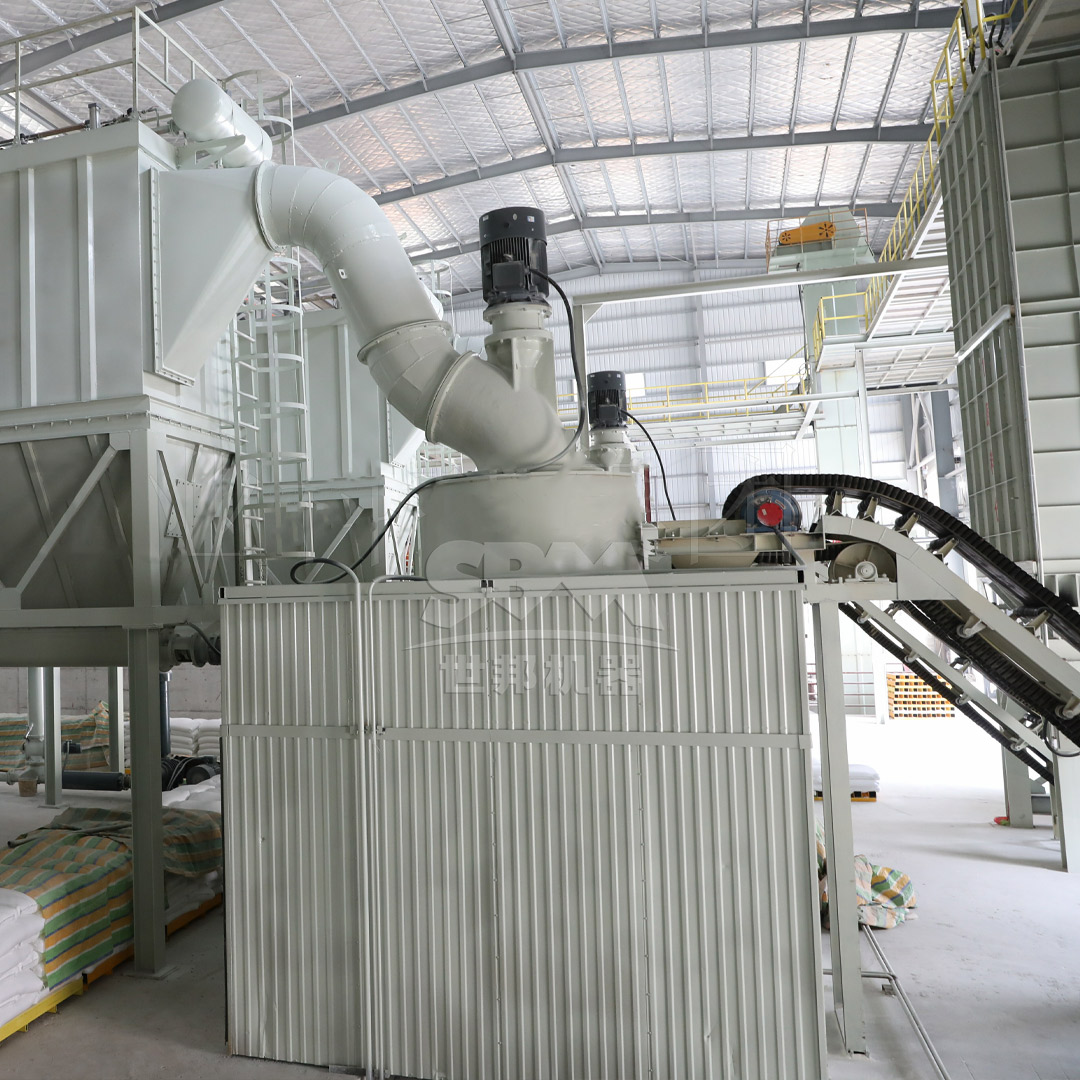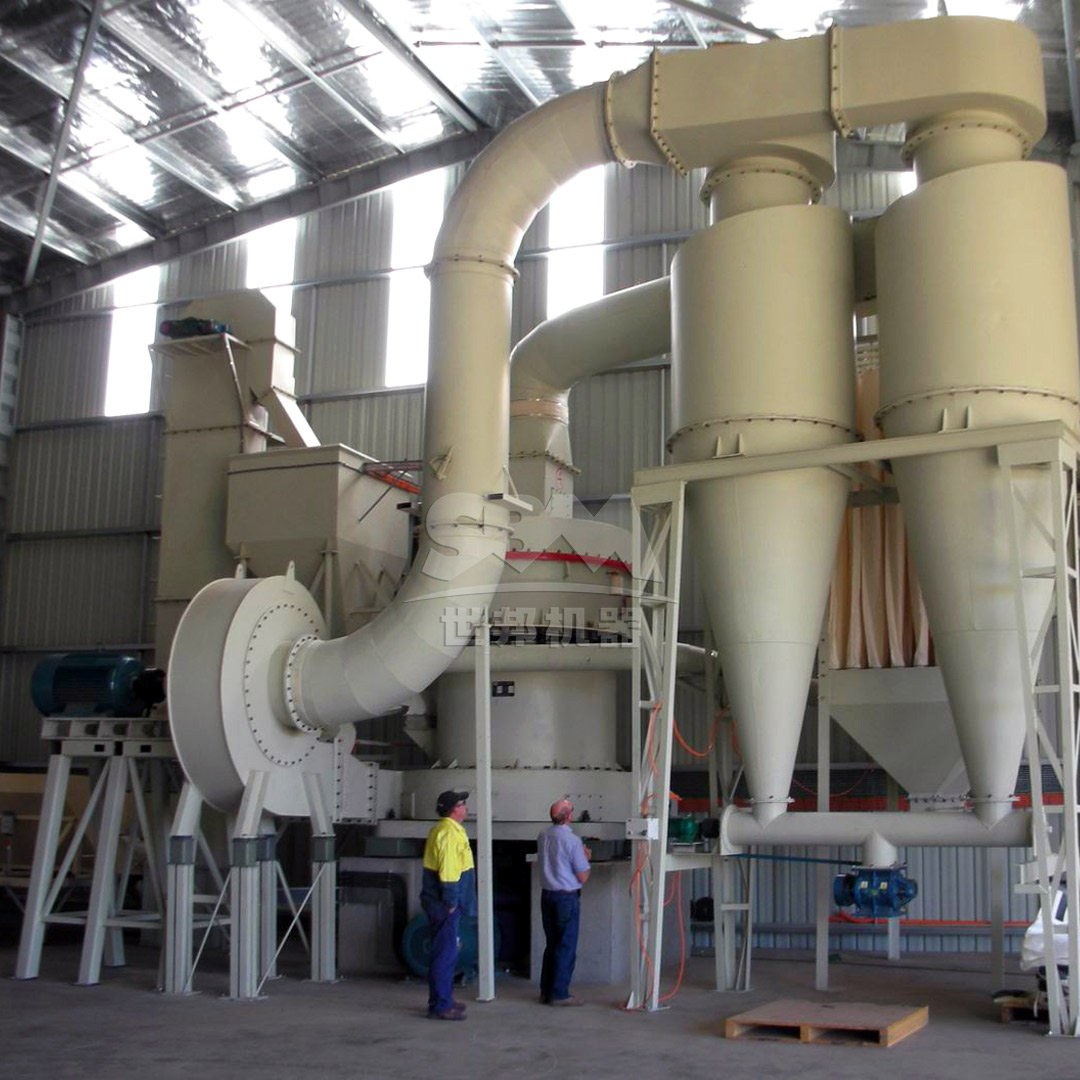The production of high-quality acoustic wall panels requires precisely processed gypsum powder with specific particle size distribution and purity characteristics. Selecting the right grinding equipment is crucial for achieving optimal sound absorption properties, surface finish, and manufacturing efficiency. This comprehensive guide explores the key factors to consider when choosing a gypsum grinding machine for acoustic panel production.
Acoustic wall panels demand gypsum powder with particular characteristics that differ from standard construction gypsum. The particle size distribution directly impacts the panel’s density, porosity, and sound absorption coefficients. For optimal performance, gypsum powder should have:
The grinding process must preserve the natural crystalline structure of gypsum while achieving the required fineness, as overheating can dehydrate the material and compromise its acoustic properties.

Determine your hourly and daily production needs based on:
For small to medium operations (1-10 tons per hour), compact systems like the MTM series may suffice, while large-scale production facilities may require LM series vertical mills capable of handling 15-45 tons per hour.
Acoustic panels require precise particle size control. Consider:
Advanced classification systems in modern mills ensure uniform particle distribution, which is critical for consistent panel density and acoustic performance.
Grinding operations account for significant energy consumption. Evaluate:
Modern vertical mills typically offer 30-50% energy savings compared to traditional ball mills, making them more cost-effective for continuous operations.
Acoustic panel production often occurs in urban areas with strict environmental regulations. Important factors include:
Vertical roller mills offer excellent efficiency for gypsum grinding with several advantages:
Our LM Series Vertical Roller Mill represents an ideal solution for medium to large-scale acoustic panel production. With output fineness ranging from 30-325 mesh (special models to 600 mesh) and capacity from 3-250 tons per hour, this system provides exceptional flexibility for different production requirements. The integrated intelligent control system ensures consistent product quality while minimizing operator intervention.
| Model | Grinding Disc Diameter (mm) | Capacity (t/h) | Output Fineness | Main Motor Power (kW) |
|---|---|---|---|---|
| LM130K | 1300 | 10-28 | 170-40μm (80-400 mesh) | 200 |
| LM150K | 1500 | 13-38 | 170-40μm (80-400 mesh) | 280 |
| LM170K | 1700 | 18-48 | 170-40μm (80-400 mesh) | 400 |
| LM190K | 1900 | 23-68 | 170-40μm (80-400 mesh) | 500 |
| LM220K | 2200 | 36-105 | 170-45μm (80-325 mesh) | 800 |
For specialized acoustic applications requiring extremely fine gypsum powder, ultrafine grinding systems provide superior performance. Our SCM Series Ultrafine Mill delivers exceptional results with output fineness ranging from 325-2500 mesh (D97≤5μm). This system is particularly suitable for high-performance acoustic panels where ultra-fine particles enhance sound absorption characteristics.
The SCM Ultrafine Mill incorporates several advanced features specifically beneficial for gypsum processing:
| Model | Capacity (ton/h) | Main Motor Power (kW) | Input Size (mm) | Output Fineness (mesh) |
|---|---|---|---|---|
| SCM800 | 0.5-4.5 | 75 | 0-20 | 325-2500 |
| SCM900 | 0.8-6.5 | 90 | 0-20 | 325-2500 |
| SCM1000 | 1.0-8.5 | 132 | 0-20 | 325-2500 |
| SCM1250 | 2.5-14 | 185 | 0-20 | 325-2500 |
| SCM1680 | 5.0-25 | 315 | 0-20 | 325-2500 |

MTW Series Trapezium Mills offer a balanced solution for general acoustic panel production with several advantages:
While traditional, ball mills remain relevant for certain applications:
However, their higher energy consumption and larger footprint make them less attractive for new acoustic panel production lines focused on efficiency.
Consistent feeding is crucial for stable grinding operation. Consider:
Modern grinding systems incorporate advanced dust collection:
Modern grinding plants feature comprehensive automation:

When selecting grinding equipment for acoustic panel production, consider the total cost of ownership:
Evaluate not only the grinding mill cost but also:
Compare different technologies based on:
Consider how grinding technology affects:
A leading acoustic panel manufacturer recently upgraded their grinding system from traditional ball mills to our LM Series Vertical Roller Mill. The results demonstrated significant improvements:
The investment payback period was calculated at 2.3 years, with additional benefits in product quality and market competitiveness.
The grinding equipment industry continues to evolve with several trends relevant to acoustic panel production:
Modern grinding systems increasingly incorporate:
Equipment manufacturers are emphasizing:
Future grinding systems will offer:
Selecting the right gypsum grinding machine for acoustic wall panel production requires careful consideration of multiple factors, including production capacity requirements, product quality specifications, operating costs, and environmental compliance. Modern vertical roller mills and ultrafine grinding systems offer significant advantages over traditional technologies in terms of energy efficiency, product quality control, and operational flexibility.
Our LM Series Vertical Roller Mill and SCM Series Ultrafine Mill provide comprehensive solutions covering the full range of acoustic panel production requirements, from standard building panels to high-performance specialized products. With advanced control systems, environmental compliance, and proven reliability, these systems represent the current state of the art in gypsum processing technology.
We recommend conducting thorough testing with your specific gypsum material to determine the optimal grinding solution for your acoustic panel production needs. Our technical team is available to assist with feasibility studies, pilot testing, and system design to ensure you achieve your production and quality objectives.